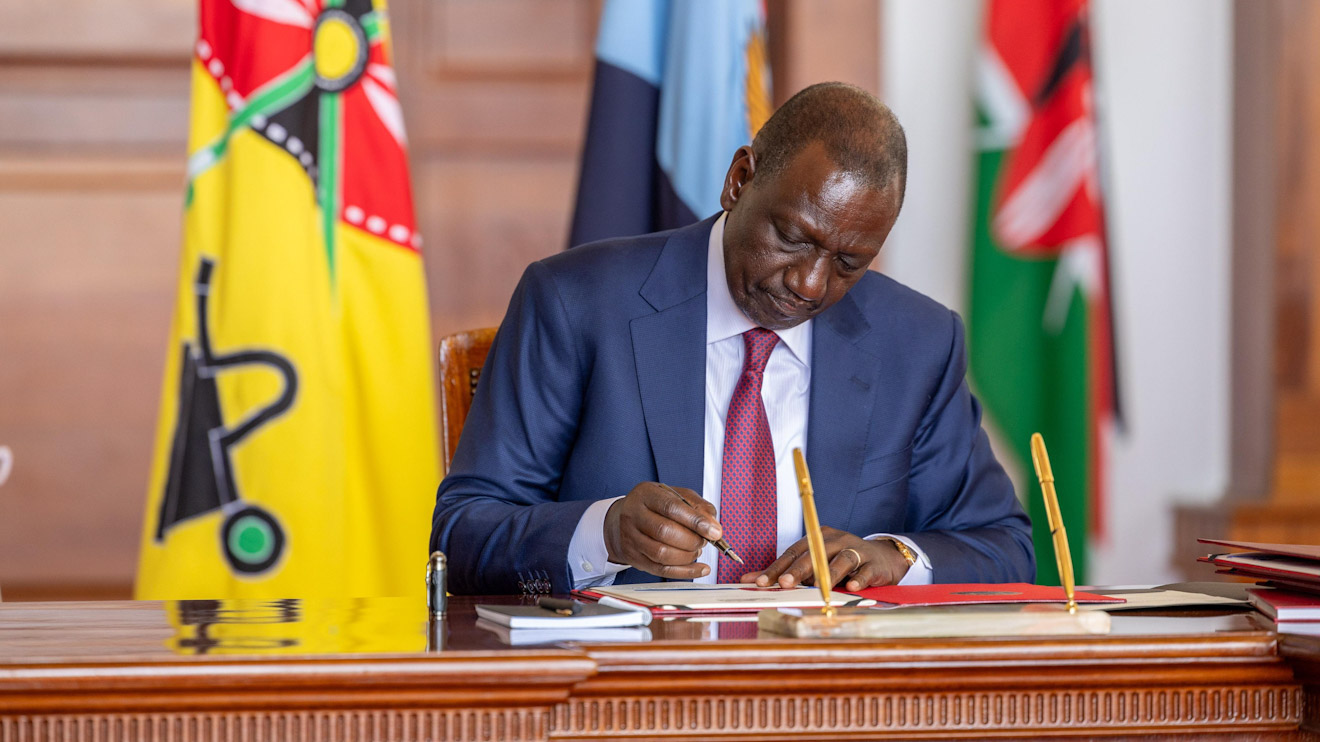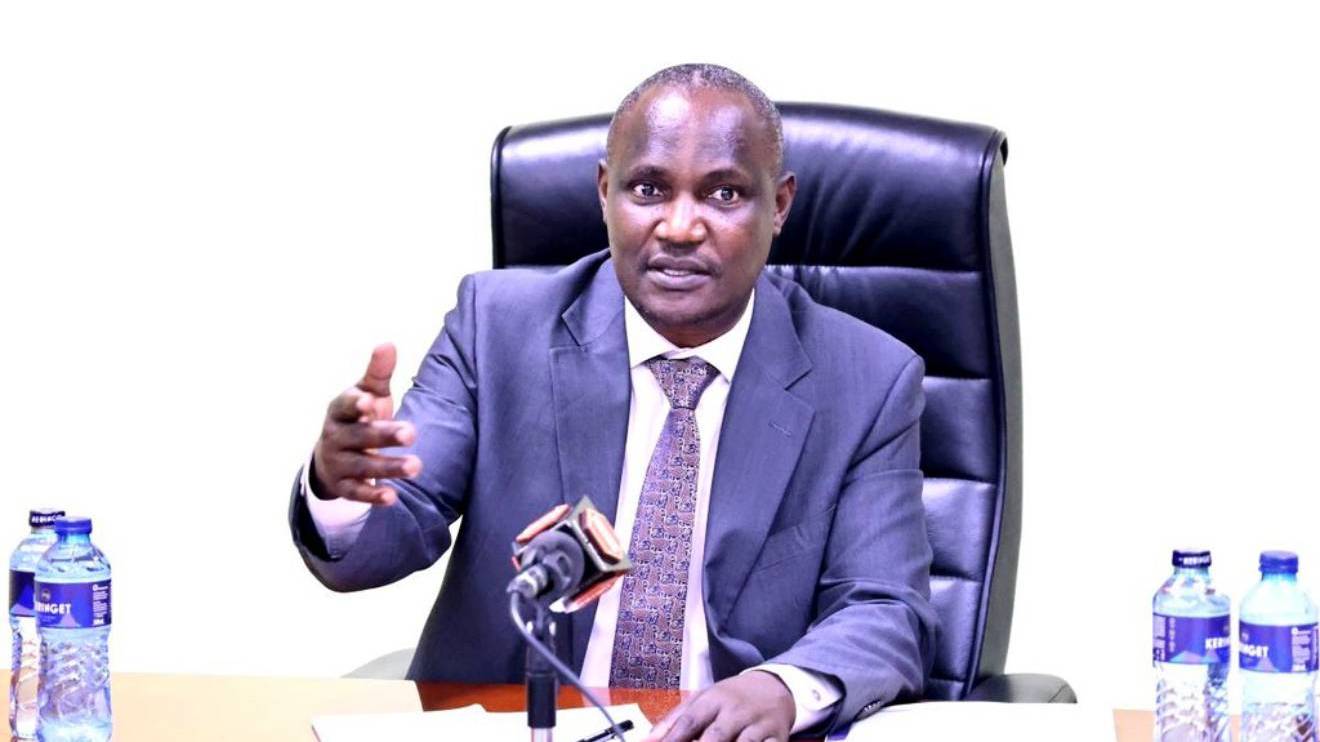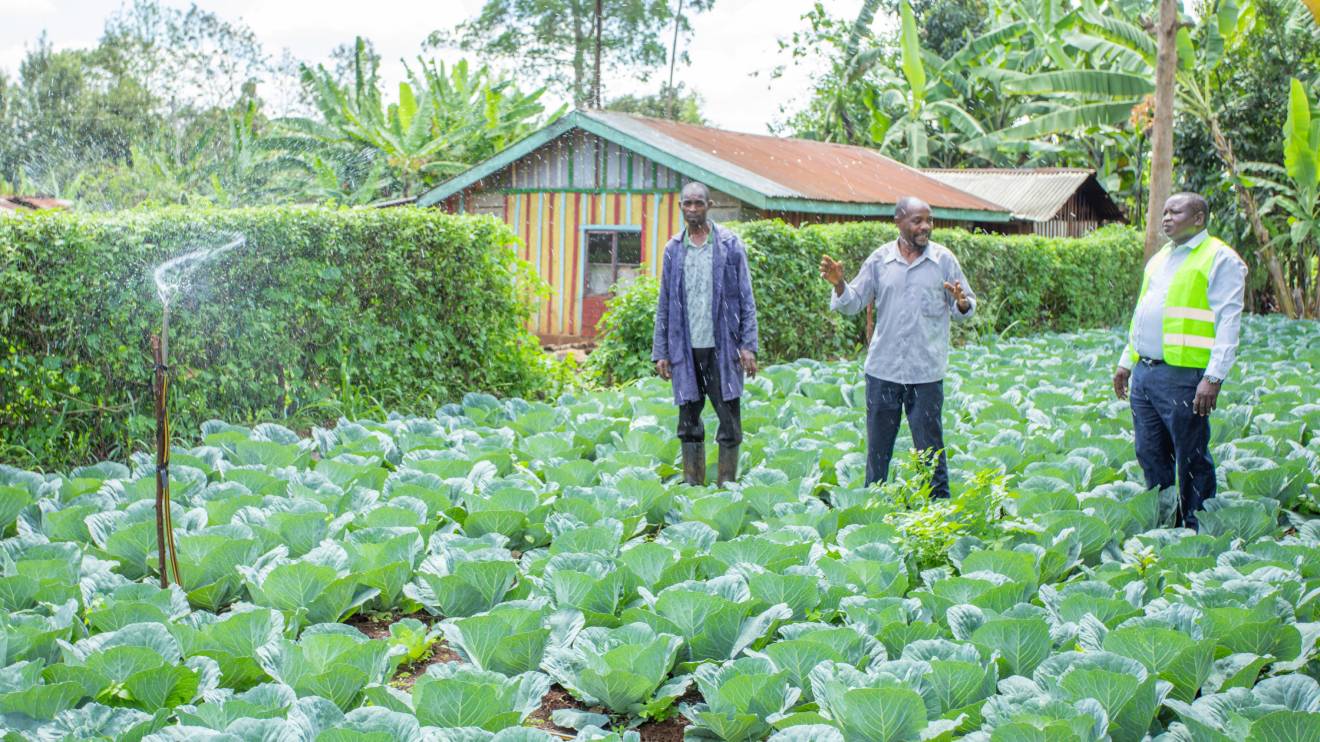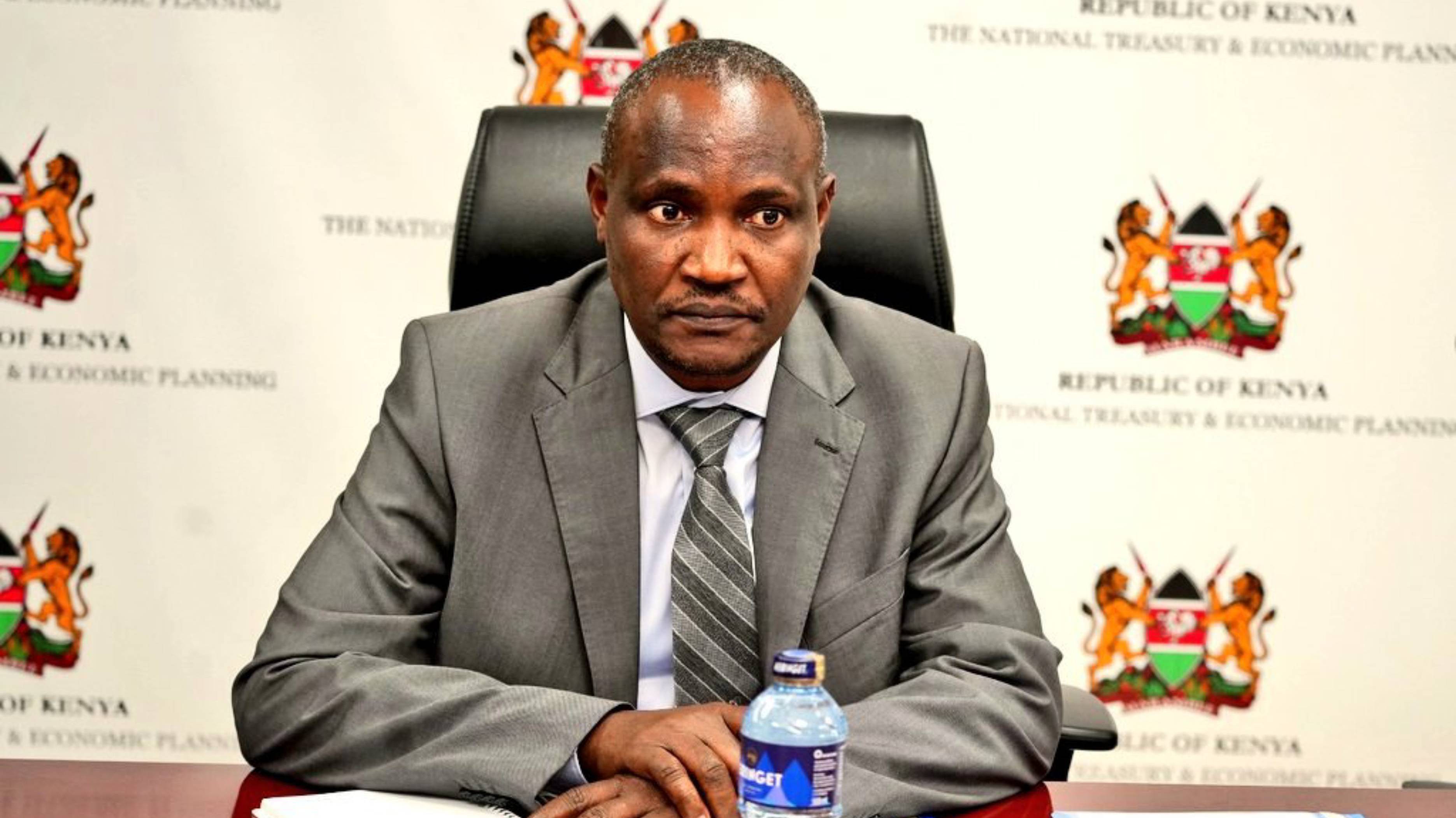President William Ruto on Friday give his approval to the Sugar Bill 2022, marking a major milestone aimed at restoring Kenya’s struggling sugar industry.
This sector, which once stood as a cornerstone of economic stability and a crucial source of income for many farming communities, has faced severe challenges in recent years.
The newly enacted law seeks to address these issues by introducing comprehensive reforms to uplift the entire value chain, from cane production to sugar sales.
Central to this legislative overhaul is the re-establishment of the Kenya Sugar Board, tasked with a regulatory mandate to stabilise and invigorate the sector.
The Board will take on responsibilities crucial for the industry’s revival, including formulating policies, coordinating industry stakeholders, participating in policy discussions, and working closely with government bodies and research institutions.
Read More
A focus on enhancing milling efficiency and aligning production with available cane supply are some of the key aspects the Board will address.
Additionally, the Board is entrusted with overseeing sugar trade, offering counsel to growers, regulating sugar prices, licensing mills, and conducting regular market surveillance.
To enforce these standards, it will also appoint qualified crop inspectors throughout sugar-producing regions.
To support these initiatives financially, the Board will be funded through National Assembly allocations, as well as a newly introduced Sugar Development Levy.
This levy will be capped at 4 per cent of the domestic sugar value and the cost, insurance, and freight (CIF) value of imported sugar.
Funds generated will be strategically distributed to cover essential areas: 40 per centy will be allocated to boost cane productivity, 15 per cent each will support factory development, research, and infrastructure improvement within sugar-growing regions, 10 per cent will go toward the Board’s administrative needs, and the remaining 5 per cent will aid farmers’ organisations.
Another key pillar of the legislation is the establishment of the Kenya Sugar Research and Training Institute, which aims to advance research, technological innovation, and the adoption of modern sugar production methods.
Governed by a nine-member board appointed by the Cabinet Secretary, this institute will be pivotal in developing strategies and solutions that respond to the sector’s evolving challenges.
Additionally, the Bill introduces a new mechanism for addressing sector disputes: a five-member Sugar Arbitration Tribunal, chaired by an individual qualified as a judge.
This Tribunal will oversee dispute resolutions within 90 days, with parties retaining the right to appeal to the High Court or Court of Appeal for further consideration.
With these transformative measures, the government aspires to breathe new life into the sugar sector, creating a structured pathway for sustained growth and prosperity among Kenya’s sugar farmers and industry players.








 (1)-1730745141.jpg)